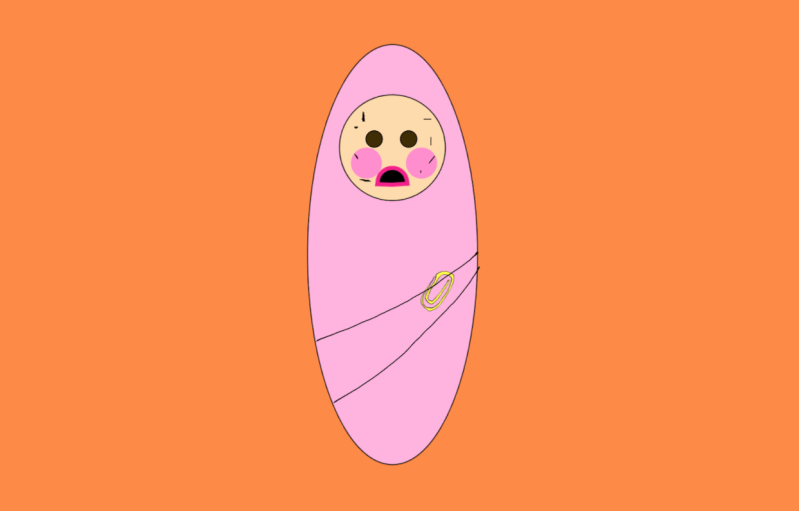A few days ago, I was skimming through Stanford Magazine when I came across their book recommendations. One of the recommendations was “Scratched: A Memoir of Perfectionism.” The book, by Stanford English professor Elizabeth Tallent, transcends the usual perfectionist tropes. It traces back the author’s need for perfection throughout her life and how each experience has shaped her current thoughts on perfectionism. Still, I have to say I was rather skeptical going in.
The title led me to believe that “Scratched” was a book about how to achieve perfection, but the book that I read was much more nuanced and accurately captured the paralysis that arrives when we feel like we always have to be perfect. Tallent authentically shares her experiences with writer’s block and the complicated role perfectionism plays in her life as an author.
Tallent demonstrates how our need to be perfect can warp time. As she was working on this book, a need to be perfect often stopped her from writing at all: “To my psyche, the book I was making no progress on was already done. The need for it to be completed was not available to be felt.” This compulsion to be perfect is a possible reason that this book is her first after a 22-year hiatus, she writes.
While perfectionism calls on us to obsess over our writing sentence by sentence, Tallent argues that this need for a perfect first draft can both stimulate and depress creativity during the writing process. She beautifully humanizes such an activity by admitting that even she is not above it, calling herself “like a person whose house is on fire, writing a book about fire.” In doing so, we come to see her not as a professor teaching her pupils how to write, but as a peer sharing advice on how she deals with this need for her writing to be perfect all the time.
Most striking is the scene which traces her need for perfection to her story of what happened during the first few days of her life. The image painted is that of a hesitant mother, one not yet ready to breastfeed a child, in this case, the author. Once the nurses notice the mother’s uneasiness, they try again and again to push her to breastfeed the author. Her mother, in an attempt to push back and explain why she’s not yet ready, slips up and asks the nurse what’s wrong with her child after much hesitation. Her mother, for whatever reason, could not fully accept her as an infant. Her expectation for the child she was going to take home was that of the Gerber baby, but when pressed by multiple nurses, she points to the baby’s scratches, temporary skin blemishes caused by delivery, as the source of her discomfort. These scratches, however, are very much common in newborns and were of no fault of the child.
The author uses this scene to introduce us to her innate sense of feeling broken, something which many readers might relate to. She draws upon this to build an argument using Freud and the psyche. While perfectionism rises as a defense mechanism for the psyche, Tallent’s book shows us first hand that it’s something that can be worked on throughout our lives. It’s something that requires practice. To stop ourselves from censoring and doubting our own thoughts, we should become aware of the source.
“Perfectionism’s swiftness, its emotionally intense discriminations, its power to disrupt, its addictive excitements — if only writing felt like this, I would write all the time,” Tallent writes.
Indeed, Tallent’s memoir lays the groundwork for other writers to begin to question their need for perfection and does so intimately by sharing her story.
Contact Richard Coca at richcoca ‘at’ stanford.edu.
